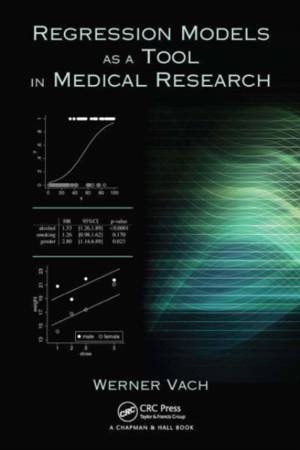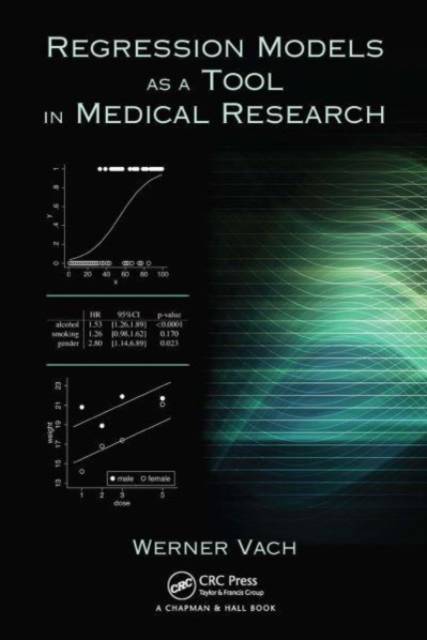
- Retrait gratuit dans votre magasin Club
- 7.000.000 titres dans notre catalogue
- Payer en toute sécurité
- Toujours un magasin près de chez vous
- Retrait gratuit dans votre magasin Club
- 7.000.000 titres dans notre catalogue
- Payer en toute sécurité
- Toujours un magasin près de chez vous
Description
While regression models have become standard tools in medical research, understanding how to properly apply the models and interpret the results is often challenging for beginners. Regression Models as a Tool in Medical Research presents the fundamental concepts and important aspects of regression models most commonly used in medical research, including the classical regression model for continuous outcomes, the logistic regression model for binary outcomes, and the Cox proportional hazards model for survival data. The text emphasizes adequate use, correct interpretation of results, appropriate presentation of results, and avoidance of potential pitfalls.
After reviewing popular models and basic methods, the book focuses on advanced topics and techniques. It considers the comparison of regression coefficients, the selection of covariates, the modeling of nonlinear and nonadditive effects, and the analysis of clustered and longitudinal data, highlighting the impact of selection mechanisms, measurement error, and incomplete covariate data. The text then covers the use of regression models to construct risk scores and predictors. It also gives an overview of more specific regression models and their applications as well as alternatives to regression modeling. The mathematical details underlying the estimation and inference techniques are provided in the appendices.
Spécifications
Parties prenantes
- Auteur(s) :
- Editeur:
Contenu
- Nombre de pages :
- 496
- Langue:
- Anglais
Caractéristiques
- EAN:
- 9781032477510
- Date de parution :
- 21-01-23
- Format:
- Livre broché
- Format numérique:
- Trade paperback (VS)
- Dimensions :
- 154 mm x 232 mm
- Poids :
- 680 g







